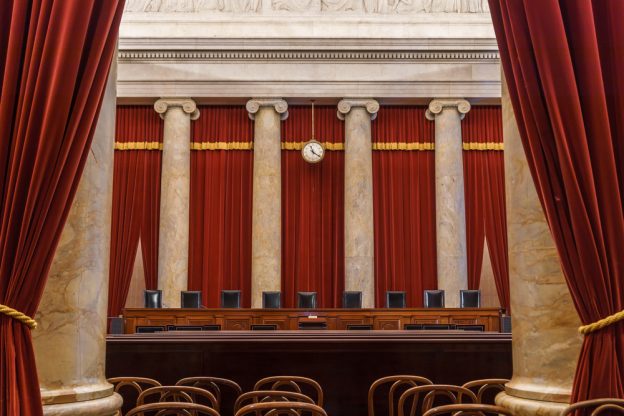One of the major battles in the field of labor and employment law came to a resounding conclusion with employers across the country celebrating the Supreme Court’s 5-4 decision in the matter of Epic Systems Corp. v. Lewis. The majority decision, authored by Supreme Court Justice Neil Gorsuch, has determined that class and collective action waivers in arbitration agreements are lawful and may be enforced under the Federal Arbitration Act. Previously, the Seventh and Ninth Circuits had held that requiring employees to waive class and collective actions in arbitration agreements was unlawful under Section 7 of the National Labor Relations Act.
Gorsuch, writing for the majority, concluded that Section 7 of the NLRA does not guarantee employees the right to engage in class or collective actions. Rather, the Supreme Court concluded that Section 7 of the NLRA merely grants employees the rights to bargain collectively and organize unions. Therefore, the NLRA does not restrict judicial enforcement of an arbitration agreement containing a clause waiving class and collective action litigations. This decision provided ultimate clarity following years of uncertainty under the circuit split.
It is believed that the decision will have a “chilling effect” on employees’ abilities to bring claims against employers due to the economic challenges imposed by the restriction. The claims of individual employees are often not financially sufficient to entice legal representation. Whereas, in a class or collective action, the costs of litigation are largely the same with a significantly higher pool of damages.
The 5-4 decision was reached upon ideological lines, with the five conservative justices outnumbering their four liberal counterparts. It is further notable that Justice Gorsuch authored this decision, having been nominated to the Supreme Court by President Trump to fill the seat left vacant following the death of Justice Antonin Scalia on February 13, 2016.
Employers whom have not previously required their employees to sign arbitration agreements may consider doing so in the wake of this monumental decision. Class and Collective Wage and Hour Lawsuits under the Fair Labor Standards Act currently constitute a large percentage of the federal litigations in this country. Employees may be dismayed from pursuing their claims in the event they are not able to proceed collectively. Employers seeking further guidance on this issue are encouraged to contact an attorney to learn more about this decision and its potential impact.
By: Ryan M. Eden, Esq. on May 24, 2018.
